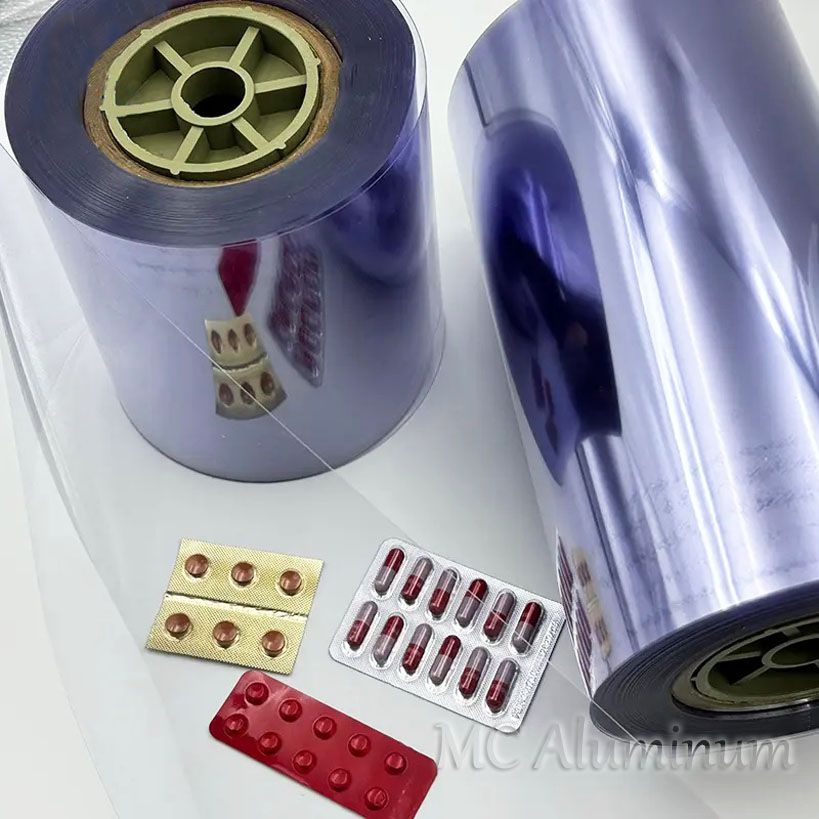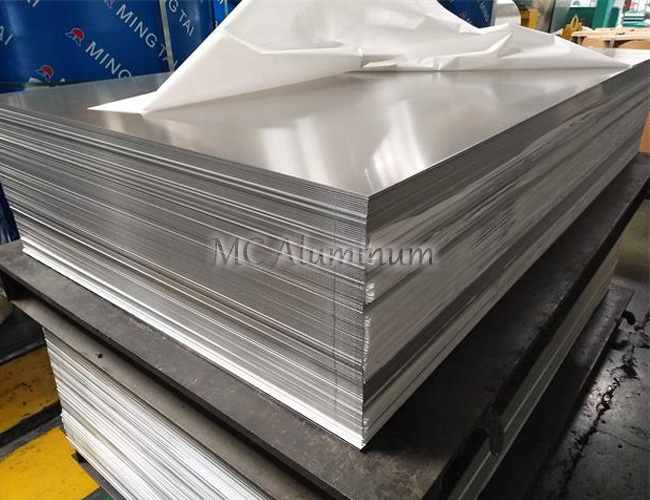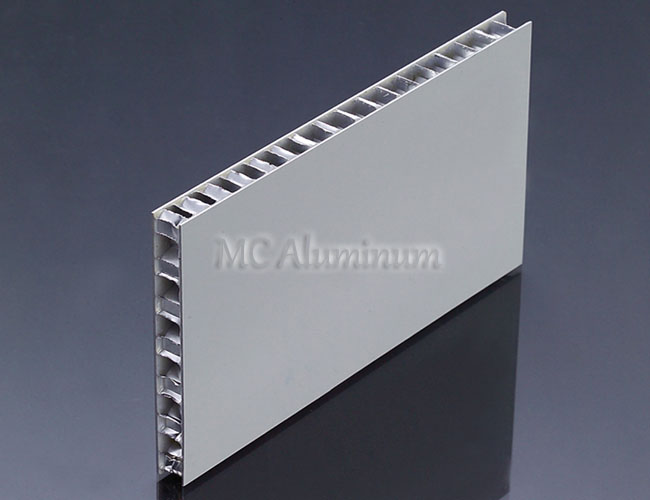PVC pharmaceutical packaging film
What is hard PVC?
PVC hard film/sheet/panel Hard PVC (polyvinyl chloride) is a high-strength, stiff, low-cost plastic material widely used in advertising materials such as printing and product packaging. It is easy to manufacture and easy to use adhesives or adhesive bonding solvents. PVC is also easy to weld using thermoplastic welding equipment. PVC film - also a thin thermoplastic film, comes in a variety of forms and finishes.
PVC pharmaceutical film is easy to heat seal, printable, chemical-resistant, easy to process, printable, and chemical-resistant. Widely used in granular tablet packaging and small-dose liquid packaging, PVC rigid sheet is safe, hygienic, and low-cost.

Features of pharmaceutical grade PVC film rigid sheet:
1. Excellent transparency, which is conducive to showing the appearance of drugs.
2. Strong processability, suitable for a variety of packaging forms.
3. Good barrier properties, which helps to extend the shelf life of drugs.
4. Low cost, suitable for large-scale production.
5. High mechanical strength and wear resistance.
6. Good flexibility, less damage during transportation.
7. The appearance is flat, uniform, clean and non-perforated.
8. The glass cost is half that of ampoule glass.
PVC rigid sheet specifications
| Thickness | 50um-750um |
| Width | up to 1600mm. We can customize |
| Type | sheet, roll, film |
| Color | transparent/transparent |
| Surface | glossy, matte, one or both sides masked, matte white or black. Colorless transparent PVC sheet, blue transparent PVC sheet, colored PVC sheet. |
| Packaging | PE film wooden pallet packaging |
| Sample | free |
| MOQ | 1-3 TONS |
Application:
Pharmaceutical grade PVC film rigid sheet is widely used in aluminum-plastic blister packaging of medicines, such as tablets, capsules, oral liquids, suppositories, pills, etc. It can protect the medicine from the erosion of the external environment, thereby extending its shelf life and stability.
Production process:
The production of PVC rigid sheets for pharmaceutical packaging usually involves calendering or blow molding, of which calendering is more common. During the production process, process parameters such as melting temperature, mold temperature, injection pressure, etc. need to be strictly controlled to ensure product quality.







Contact Us